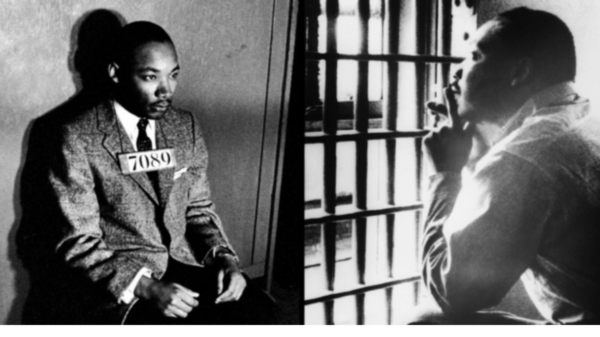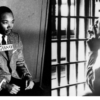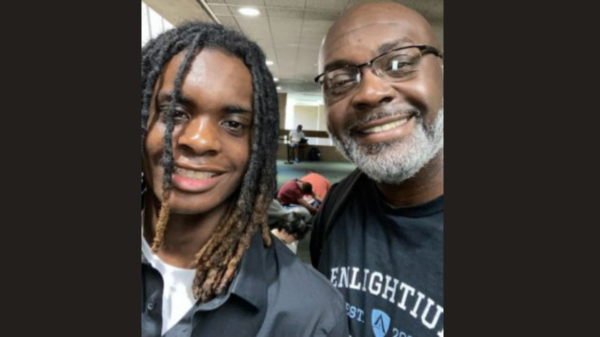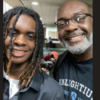By Vincent L. Hall

This year, this annual commemoration of Black History Month, pledge to do something you never have before.
As you celebrate the honorable handiwork and intellectual inventiveness of Dr. Carter G. Woodson, attempt the extraordinary.
In 2022, find a book or two that you haven’t read and commit to learning something new about Black history.
And Quit Playin’ like you’re a scholar on the subject.
My grandfather, Ed Hall, used to say something that pushes me daily, and it could probably help you too. He would say that they could take all the knowledge in my possession out of this world, and the world wouldn’t miss much.
Don’t get it twisted.
Papa wasn’t implying that we lack intellect or ability. He meant that there could be no exhaustion of learning and searching. You should never be satisfied with the small amount of knowledge that you can consume, comprehend or contain.
There is no room for complacency in education, formal or otherwise.
Dr. Michael Eric Dyson, a college dean, preacher, and one of the ten most intelligent and spherically learned people in America delivered a sermon that will never leave me. Along the length of a virulent diatribe, he declared that one of his misgivings was having Black students in his African American studies class who thought they were exempt. They made the erroneous assumption that being Black made them experts at Black history.
Quit Playin like you don’t think so too!! We confuse knowing our culture with knowledge of our history. The two are far more than a stone’s throw removed from one another.
Some of you deem yourself too old to learn or too smart to study. But we must encourage our young people to do a deep dive into Woodson, W.E.B. DuBois, Mary McLeod Bethune, and others. Then, if they know all the trademark folk, have them read to Marcus Garvey, Shirley Chisholm, or H. Rap Brown.
Call on our local historian and griot, Donald Payton. Payton can wax bold and eloquent on Dallas’ Black history, including all the white people who helped or tortured us. Additionally, Peyton can serve up a side order of city and statewide Black history that will leave you longing for more.
And then there are books and seminal works that you haven’t read, like “Big D” by Darwin Payne. A professor Emeritus from SMU, his work almost fits glove-in-glove with Jim Schultze’s “The Accommodation.”
Buy both books.
Listen to one passage of Big D related to Texas’s State Fair.
“One special target had been the State Fair of Texas whose president was Mayor Thornton himself and which had been integrated only through pressure. A significant battle had been won in May 1953 when the State Fair’s board of directors voted to integrate the Midway rides for all 16 days of the Fair rather than only on Negro Achievement Day.
This applied only to rides where no contact was involved among the riders.
It turned out that at least two rides did not qualify for integration under these terms, and in 1955 the Youth Council of the NAACP under the leadership of Juanita Craft announced intentions to picket the entrances of the Fair on Negro Achievement Day.”
We search worldwide to find Black historical figures, and that is worth-while. But just like politics, all history is local too! You gotta know the roots in order to understand the tree!
The African American Museum, in Fair Park, rotates a litany of local and national artifacts that point to movers and movements that shaped this city.
If you think Dallas is a hot political mess now, you have no idea how bad it was.
Education and especially one of social relevance, is like progress. It is neither a monument nor a mosaic.
It’s a movement. It is neither static nor stationary. It’s slippery. We behave as if there is nothing left to grasp.
Ebonics and Soul Food are cultural and rooted in history. However, African American history is much deeper than slang and sweet potato pie!
Papa Hall was right; we need to learn a lot more!
Vincent L. Hall is an author, activist, and an award-winning columnist.









You must be logged in to post a comment Login